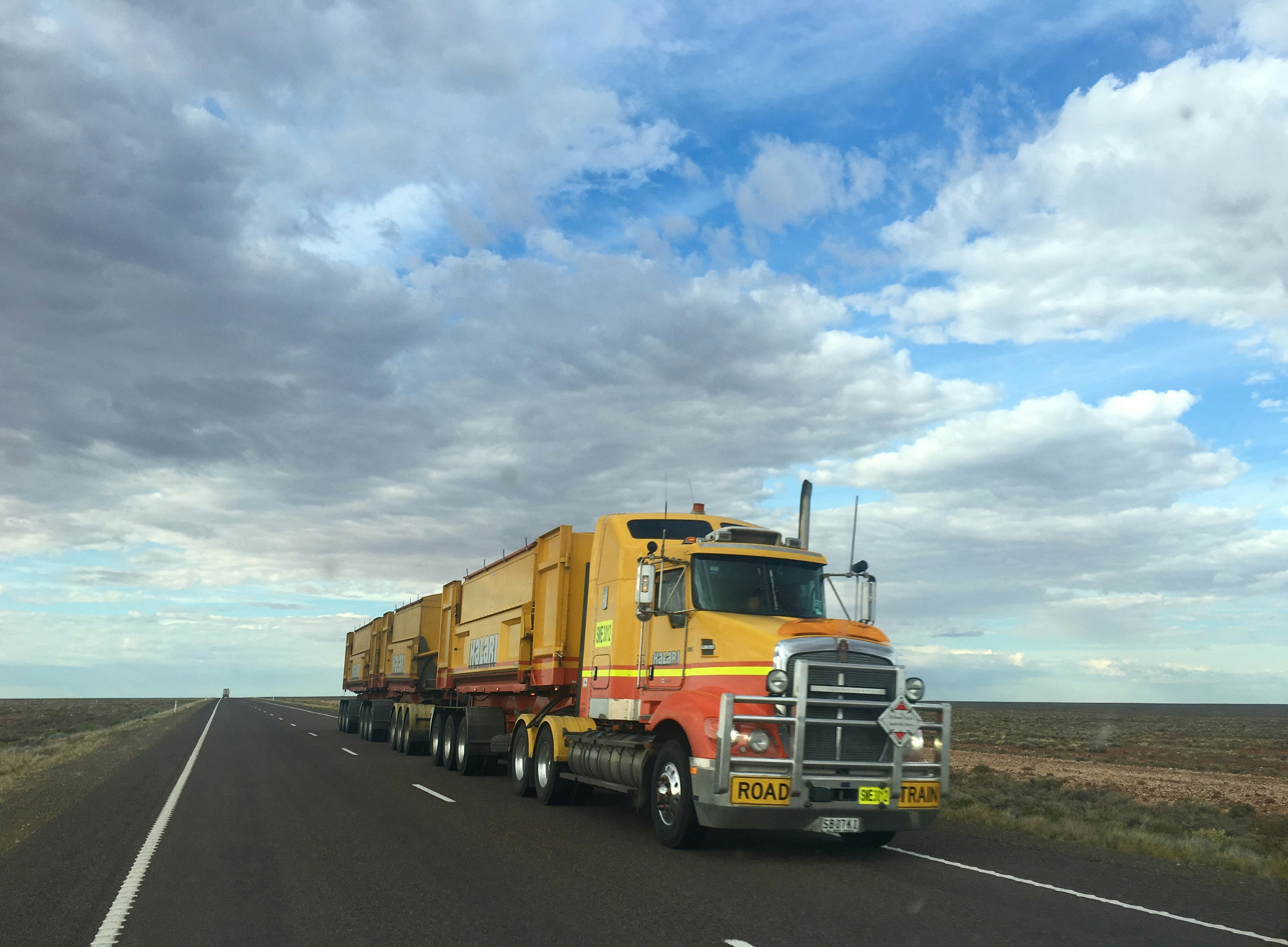
Even when your business gets everything done on time, sometimes the favor isn’t returned. When starting a new business, you put forth the effort to complete any measures that set you up for success, rewarding you with your first customers. However, in the business-to-business industry, there are some things that are beyond your control. B2B companies rely on another business’ ability to pay their invoice on time so you can continue to pay for the things your business needs to stay afloat. Even when you provide exceptional, timely services or delivery of products, you may find the delivery of money isn’t as punctual. This is where factoring comes in. Understanding factoring in business might make all the difference when it comes to getting your business off the ground. Read more to find out what factoring is and how it can help your new or growing business.
What is Invoice Factoring?
Factoring works differently from bank loans in many ways. Factoring companies buy invoices from your business, so you get your cash upfront right away. The factoring company in turn collects the invoice once paid by the client and claims a small percentage. Businesses starting out with low cash flow use factoring companies to help pay for necessary expenditures while waiting for payments from their customers. Companies that also experience slow business during certain times of the year, or companies dealing with exponential growth can also take advantage of factoring where an advance is needed.
With factoring, you are not borrowing from anyone, taking out a loan, or putting yourself into any debt. Instead, you are simply given your own money in advance. Approval is given much quicker than a bank since there are no contracts or debts involved. This way cash is given quickly, usually within a day or two so you can take care of important expenses almost immediately.
How Can Factoring Benefit My Business?
Factoring is a great way to help both businesses that are starting out and businesses that cannot keep up with their growth. When you need cash now, that is when you can turn to factoring companies. Late payments from customers cause cash flow shortages, limiting your ability to pay for necessary expenditures like utilities and salaries, and capping your chance of growth. Even when your business has high revenue, you still might not be seeing your cash right away. While using invoice factoring, you can pay off all your bills on time and improve your credit score, allowing for chances of larger investments or loans in the future.
Business loan approval can take months to process and require you to pay back much more in interest, and this is all assuming you are able to qualify for one right away. Factoring is the ideal short-term solution for your business to get the capital needed quickly since approval is much more achievable, and in fact is more dependent on your customers’ financial situation rather than your business’.
While there are fees involved with factoring, there is a chance to save money by reducing time and money spent on administration tasks associated with invoice collections. Factoring companies will handle collecting paid invoices from your customers. You may be able to eliminate the need for an administrative assistant, or at the very least free up more time for your employees.
What is Factoring in Business?
Factoring companies are more concerned about your client’s financial situation than yours. They buy your invoices, so in order to pay them back, you need the client to pay your invoice. You may need to confirm your customers’ payment history to establish credibility to get more capital upfront.
It’s wise to keep in mind that once a factoring company purchases your invoice, you will need to pay it back regardless of whether or not the invoice is paid. This could potentially result in a double loss, putting you in a similar spot to where you started. Factoring is a quick solution, but one that requires some diligence. Look into non-recourse factoring which places the responsibility on the factoring company, where they will suffer the loss from an unpaid invoice instead of your business.
Factoring is a one-time transaction to draw from whenever you need it. It is not reoccurring funding or a contractual agreement. However, this gives you the power to create capital from the beginning or as needed, without any obligations. Either way, factoring can be a great short-term or long-term solution.
Advanced Commercial Capital: Risk-Free Debt Factoring
With Advanced Commercial Capital, your trucking business assumes very few risks! Because of the unique nature of our non-recourse freight factoring service, there are no consequences to you if your clients fail to pay their invoices. We also do not require any long-term contracts and do not charge termination fees.
Additionally, we offer:
• Fast and flexible funding options, paying you in as little as one hour for your freight bills
• Strong relationships that foster your success
• And valuable benefits that save you both time and money, from our free fuel discount card program to free credit checks
All of these are just some of the reasons why our clients choose to stay with us for the long haul.
Advanced Commercial Capital can help your trucking company succeed in ways you never thought were possible.
Talk with our team to learn more about how non-recourse debt factoring works by giving us a call at 855.465.4655 or reaching out via our online contact form. We look forward to offering you the easiest and smartest way to factor your freight bills and get the cash you need, without any surprises.











